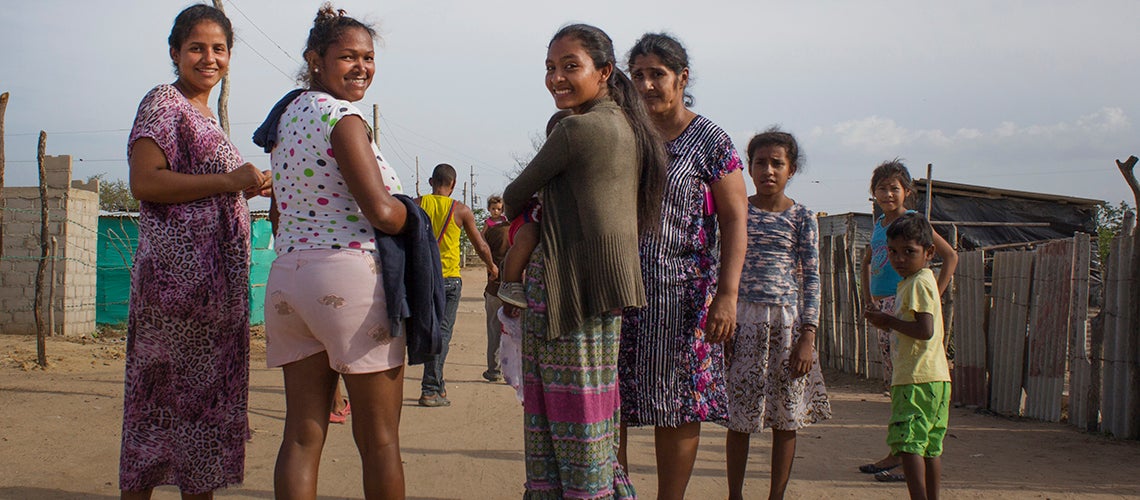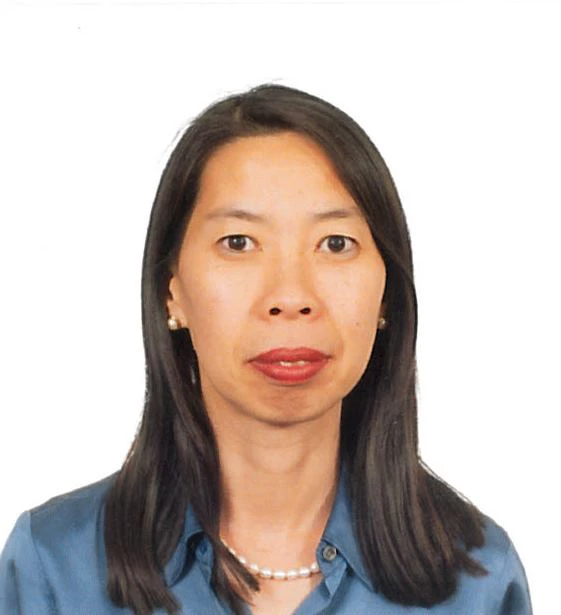 Venezuelan migrants in Colombia
Venezuelan migrants in Colombia
More than 100 million people around the world have been forced to flee their homes as of June 2022, making forced displacement a top priority for many policymakers. While conflict remains a major cause of forced displacement, the climate crisis is increasingly driving people from their homes and creating new tensions between displaced persons and their host communities.
Take Greece as an example. Confronted with the sudden arrival of 1.2 million people forcibly displaced from Turkey, Greece—a poor agrarian country drained by several years of war—faced the potential of serious social turmoil in 1923.
However, timely intervention by the League of Nations and an ambitious, yet successful, integration policy that granted refugees farmland and livestock, new homes and schools, and citizenship, turned this historical challenge into an opportunity for Greece.
A new World Bank paper captures the long-term legacy of Greece’s inclusive policies towards arriving refugees and the positive impacts on social, political, and cultural integration into Greek society.
For example, newly opened classrooms helped close the refugee-native literacy gap from -12% to less than -1% by 1928. By the 2000s, refugees displayed high rates of intermarriage with Greek natives and reported similar levels of trust in others and in institutions.
The study forms part of a broader series of research studies on Forced Displacement and Social Cohesion led by the World Bank in partnership with the United Nations High Commissioner for Refugees (UNHCR) and the United Kingdom’s Foreign, Commonwealth and Development Office (FCDO).
Our joint initiative is building insight into best practices for forced displacement response, including through analysis of the role that inclusive policies play in supporting migrants and refugees, host communities and governments, and society-writ-large. Two key insights emerge from the research:
- Inclusive policies promote social cohesion. Inclusive policies for refugees – such as the right to work, freedom of movement, and access to social services – help refugees provide for themselves and their communities with dignity. Like anyone else, refugees want to be able to work and provide for their families.
Such practices foster mutual gains and positive relationships between refugees and host communities, promoting social cohesion in the long run. Our research from Greece demonstrates this point, finding that through the granting of rights, land, and housing, Greek Orthodox refugees experienced greater social and cultural integration and a convergence in educational outcomes with native-born Greeks.
For example, by the 2000s, 50% of refugee women reported being married to a Greek native and refugees reported similar levels of trust in others and in institutions. This social integration subsequently translated into strong civic engagement: the study showed that refugees were significantly more likely to participate in voluntary organizations, such as sport or cultural clubs, trade unions, or humanitarian organizations, than native-born Greeks.
- Inclusive policies contribute to a strong labor market and economic growth without sparking backlash. Despite the widespread fear that refugees will take jobs from citizens, evidence often shows that allowing refugees to work can strengthen the labor market and does not negatively affect host community attitudes towards refugees .
For example, a study of refugees in Switzerland from 1998 to 2018 shows that early entry into the labor market helps ensure refugees’ economic integration. Other research finds that the presence of Venezuelan migrants improves labor market and welfare conditions for Peruvians – a doubling in the share of Venezuelans in a province increases the probability of Peruvians being employed by 0.6%, increases household income by 2.2%, and increases expenditures by 1.4%. The same study found that the presence of Venezuelans also reduced crime rates and increased levels of trust between neighbors.
Another study found that individuals living in countries with more inclusive refugee policies related to labor markets and residence are not any more likely to hold anti-immigrant attitudes than individuals in countries with more exclusionary policies.
The World Bank is working to support governments with inclusive refugee policies. In Colombia, the World Bank approved its first development policy loan that focuses solely on long-term integration policies.
The project includes, among its policy reforms, the approval of the Temporary Protection Status (TPS) for Venezuelan migrants—which the Government of Colombia enacted in 2021. This landmark measure makes Colombia one of three countries to have such a broad policy framework for the inclusion of migrants.
The TPS serves as an anchor policy that enables long-term regularization and expands access to various services for over 1.8 million Venezuelans. These services include (i) work, transit, and stay permits; (ii) access to health, education, social programs, and housing subsidies; (iii) investments that benefit both host and migrant communities, such as strengthening local capacity to respond to natural disasters; and (iv) protection of vulnerable populations, including family reunification, child protection, and protection against human trafficking.
These studies and findings underscore that exclusionary policies are a lose-lose for both refugees and host communities. Inclusion—in daily lives and at the highest levels in policymaking—lays the foundation for a culture of belonging by actively inviting the contribution and participation of all people , including millions of people worldwide being uprooted due to conflict and the climate crisis. In the process, inclusion gets us that much closer to realizing the potential in each person, ultimately establishing economic and social prosperity for all.




Join the Conversation